
I have been SO looking forward to this interview with Sharon Guskin this month so I could share more behind her debut novel, The Forgetting Time. It has been a very long time since I have finished a book in a mere 24 hours, but I could not put this book down and it grabbed me from the first lines until I finished the final page. I think what grabbed me the most is that the premise was something I had not read about before or really had given much thought to. Don’t you love when a book really makes you think or when you begin to question a previous held viewpoint? This book did that for me and I think it might do the same for you! I can guarantee you will find this book on my top ten list this year- it’s that good!
Honestly, it is difficult to do this interview without any spoilers so if you want to read this one and come back, please do! I really enjoyed piecing this together so I don’t want to take that from you if you haven’t had the chance to read it yet!
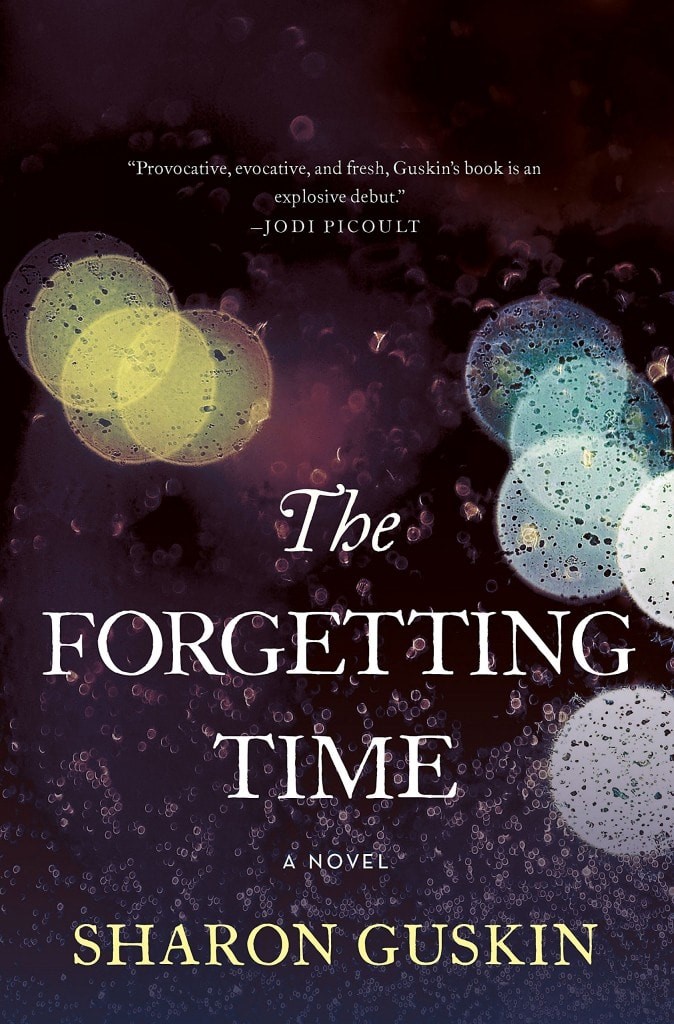
What would you do if your four-year-old son claimed he had lived another life and that he wants to go back to it? That he wants his other mother?
Single mom Janie is trying to figure out what is going on with her beloved son Noah. Noah has never been ordinary. He loves to make up stories, and he is constantly surprising her with random trivia someone his age has no right knowing. She always chalked it up to the fact that Noah was precocious―mature beyond his years. But Noah’s eccentricities are starting to become worrisome. One afternoon, Noah’s preschool teacher calls Janie: Noah has been talking about shooting guns and being held under water until he can’t breathe. Suddenly, Janie can’t pretend anymore. The school orders him to get a psychiatric evaluation. And life as she knows it stops for herself and her darling boy.
For Jerome Anderson, life as he knows it has already stopped. Diagnosed with aphasia, his first thought as he approaches the end of his life is, I’m not finished yet. Once an academic star, a graduate of Yale and Harvard, a professor of psychology, he threw everything away to pursue an obsession: the stories of children who remembered past lives. Anderson became the laughing stock of his peers, but he never stopped believing that there was something beyond what anyone could see or comprehend. He spent his life searching for a case that would finally prove it. And with Noah, he thinks he may have found it.
Soon, Noah, Janie, and Anderson will find themselves knocking on the door of a mother whose son has been missing for eight years. When that door opens, all of their questions will be answered.
This book reads a bit like a mystery as you try to solve the puzzle of a child’s unusual first years of life. The story intertwines with a doctor nearing the end of his career due to a deadly diagnosis and could be the only one who could make Noah and his mother’s life better. What Noah is suffering from is beyond what any parent could comprehend. Gripping, thought provoking, and and an excellent pick for any book club!
Now grab your coffee and let’s settle in with Sharon Guskin today to hear more behind this incredible novel!
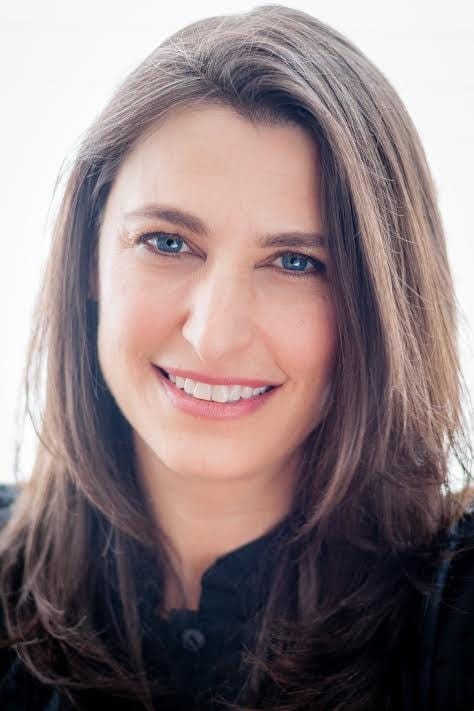
Your debut novel is absolutely incredible and the way that you write has an assuredness that can be unusual for a first book. I read in a past interview that you have described The Forgetting Time as “my third first novel,” following two earlier novels “that almost sold but didn’t.” You also have been a writer for twenty years which may explain how beautifully you captured this story. How did you have the perseverance to continue after those books were rejected and what do you think finally clicked with this book that the first two novels seemed to be lacking?
It wasn’t always easy to keep going. There were plenty of days when I thought, “Maybe I should quit.” But I had a lot of support from friends and family. And as time went on, the process became easier, because my intentions became clearer; I wasn’t writing a book to impress anyone with my sentences, or because I wanted to claim the identity of a “successful writer” or validate my life in some way. That’s the upside of all that disappointment: I became able to extricate my sense of my life’s value from any external success or failure. So I became free to write what I wanted to write. I started to work on a story based on a subject that I thought might be interesting to other people, and even eye-opening for them to think about. I think that’s why this book works, and the others didn’t: my intentions were sound, so I was able to focus simply on telling the story. My debut novel finally came out this February, a month after my fiftieth birthday, and it has been an entirely wonderful experience.
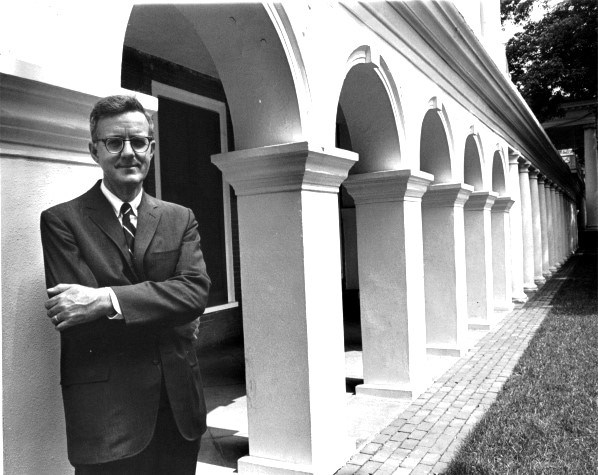
Dr. Ian Stevenson
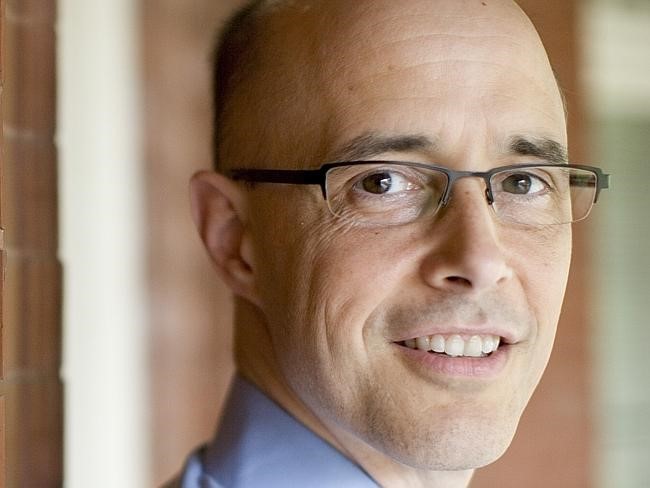
Dr. Jim Tucker
Your book was inspired by the work of the late Dr. Ian Stevenson and Dr. Jim Tucker at the Division of Perceptual Studies at the University of Virginia School of Medicine and the research they did on children who remember previous lifetimes. How did you stumble upon their research and why did you think adding these real-life cases before the chapters adds so much to your story?
I’ve always wondered about what happens when we die (who doesn’t?), but the question became more urgent for me about eight years ago, when I was volunteering at a hospice. My children were still quite young then, and I’d go from diapers and playdates to spending time with people who faced imminent death. And the experience really woke me up, and I started thinking: this can’t be all there is…why aren’t we talking more about this? Around this time, a friend was cleaning out her garage and handed me this book, “Old Souls,” which was by a reporter from the Washington Post who followed Dr. Ian Stevenson as he went about investigating his cases — and these cases really blew me away. Children who made distinct statements (with names, locations, etc.) about being another person in a previous lifetime — statements which were later confirmed after locating the dead individual. Amazing cases, in which children seem to identify relatives from a different life.
And I started to think, why are my children the way they are, with their particular attractions and dislikes? It happens all the time: two siblings come out entirely different. But why? Could it be related to a past life? Then I read “Life Before Life” by Dr. Jim Tucker, and I knew I had to tell a story inspired by these cases. I was very happy we were able to include parts of that nonfiction book in the novel; I think it grounds the book in a way, so the reader can see that I may have made up my story, but I did not make up this phenomenon. It’s real, and I think people might want to know about the real cases…But you don’t have to believe in any of this to enjoy the book!
The fictional Dr. Anderson is diagnosed with aphasia which affects his ability to understand written and spoken language. I understand that you have a family member who has this and it helped you craft the struggles of Dr. Anderson?
Yes, it’s been hard to watch his language deteriorate, and I hope some of my compassion for him came through in the writing of the character. But my relative is also astoundingly positive and present, despite the fact that he can no longer be understood very much by anyone except his wife. So I tried to keep a bit of that aspect, as well.
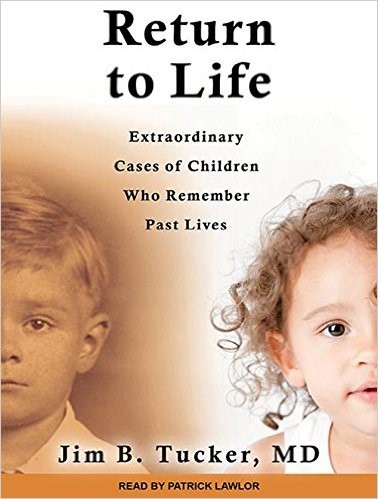
Almost all of the cases (real and fictional) of children experiencing past lives have happened in other countries and not in the US. In fact, when Noah shares his experience with the officers they are able to believe he has ESP, but dismiss reincarnation. Why do you think Americans have such a hard time believing in children experiencing a past life?
It’s true that most of the cases have been in Asia or in cultures that believe in reincarnation (for instance, the Druze in Lebanon). I think in large part this is because Americans simply don’t take their children seriously when they make comments that seem to indicate a previous lifetime, and the culture itself wouldn’t really encourage children to make that kind of connection even if they have strong feelings and specific memories from a previous existence.
But I think things are changing; everywhere I go, people tell me stories about statements their children have made (“Remember when we lived in China and took care of the babies?” “Remember when I was old and lived in the black house?”) that suddenly seem to make sense to them. And Dr. Tucker’s last book, “Return to Life,” is entirely based on extraordinary American cases.
After researching this book, did you find that your own viewpoint changed on reincarnation? What was the most surprising thing you discovered while preparing for this novel?
When I began the book, I was mostly curious and fascinated…but after steeping my mind in these cases for all those years, and becoming familiar with the meticulous, extremely thorough methods of Dr. Stevenson and Dr. Tucker — and getting to know Dr. Tucker, who is one of the most rational and conscientious people you’ll ever meet — I started to think, what do I believe? Do I believe this is true? Actually, I think…. I do. And that has led me further, to my own spiritual path. But I think my job as a novelist isn’t to tell anyone what I think happens after you die, but rather to ask the question: What if it’s true? What does that mean for you, and for how you live your life?
One surprising thing: I didn’t have any past-life memories of my own, or at least I didn’t think so. But as I went about writing the novel, images arose on the page that are identical to certain Buddhist images and meditations. Very specific things. I wasn’t familiar with Buddhism while I was writing most of the book — I starting learning more at the end of the process — but by the time I finished I became convinced that I probably had practiced in a previous lifetime. (I guess that’s not so surprising, given my attraction to the material!)
If we are interested in exploring the topic of children experiencing past lives more, what are some of your favorite books or films that we could dive into?
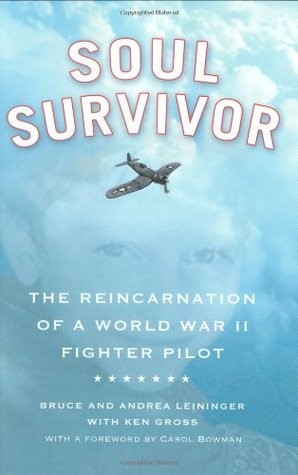
BOOKS:
“Life Before Life” and “Return to Life,” by Dr. Jim Tucker, give a very clear and engaging presentation of this work and of his methodology. “Return to Life” consists of American cases.
“Old Souls” by Tom Shroder (a former Washington Post reporter) provides a wonderful portrait of Dr. Stevenson and his work.
“Twenty Cases Suggestive of Reincarnation” and “Children Who Remember Previous Lives,” are slightly more academic books by Dr. Ian Stevenson about this phenomenon.
“Children’s Past Lives” by Carol Bowman gives a different, more therapeutically- oriented approach to this topic; she does past-life regression therapy as well.
“Soul Survivor” By Bruce and Andrea Leininger tells the gripping story of their young son, who remembered a life as a World War II fighter pilot.
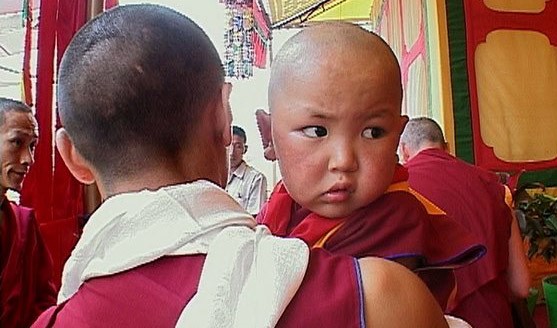
Unmistaken Child
FILMS:
Not surprisingly, perhaps, most of the serious films on reincarnation concern spiritual subjects.
“My Reincarnation,” is a documentary about Yeshi, the western-born son of a Tibetan Buddhist master. Yeshi is apparently the reincarnation of a Buddhist master himself, but struggles with integrating his father’s tradition into his modern Western world.
“Unmistaken Child” is a moving documentary about a Buddhist monk’s search for the reincarnation of his beloved teacher.
“Little Buddha” is a narrative, directed by Bernardo Bertolucci, about a little boy in Seattle who may be the rebirth of a great Buddhist teacher, Lama Dorje.
I Origins, Birth, and Cloud Atlas are interesting, entertaining (if not really serious) takes on this topic. And on the completely silly front, I always enjoy watching the Albert Brooks movie, “Defending Your Life.”
Since the publication of the novel, you have begun gathering stories of readers who have reached out to you with their own extraordinary stories of children living past lives. What has the response been to this and, if we have a story like this, how can we share it with you?
I’ve been shocked at how many stories are out there. I’d say about a quarter of the people I’ve talked to about the book have shared something with me, usually a statement a child made or a strange or remarkable event that happened to them and changed the way they look at reality. I just started collecting them recently and will post on my website and my Facebook page. If you have a story you’d like to share, please email me at [email protected] or submit your story here.
And let me know if you’d like to remain anonymous!
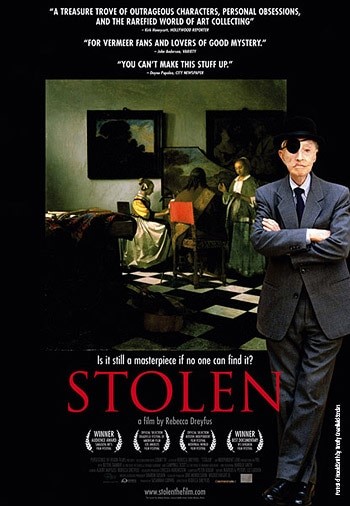
Our readers might be unaware that you are also a very successful writer and producer of award-winning documentaries! Do you have a favorite project that you worked on? As a documentary junkie, do you also have a few recommendations of your own personal favorites that you think we should binge on?
I worked on a documentary called STOLEN about the art heist at the Isabella Gardner museum that I think is a wonderful, rich, compelling account of Vermeer, Isabella Gardner, and the biggest art theft in America. And the film ON MEDITATION consists of lovely portraits of people who meditate, from my old writing teacher and Zen Buddhist Peter Matthiessen to Giancarlo Esposito and Congressman Tim Ryan. I’m proud of both films.
Personal favorites? Any film by Albert Maysles (a humane, wonderful filmmaker). ARMOUR OF LIGHT, about an evangelical minister and the mother of a teenage shooting victim who join forces to oppose gun violence in the United States. THE CENTRAL PARK EFFECT, an utterly charming and fascinating film about birders in Central Park. EXIT THROUGH THE GIFT SHOP. TWENTY FEET FROM STARDOM.
One book that really inspired me recently was Vaddey Ratner’s In the Shadow of the Banyan, a novel about Cambodia. It is both dark and radiant at the same time. She finds meaning and beauty within the horror, which makes the book truly transformative.
You can connect with Sharon Guskin on her website or through Facebook! I’m always thankful for these moments with writers and I hope you will pick up this amazing book! You can always connect with me on GoodReads, through our books section of our site, and you can read our entire Sundays With Writers series for more author profiles. Happy reading, friends!
*This post contains affiliate links!